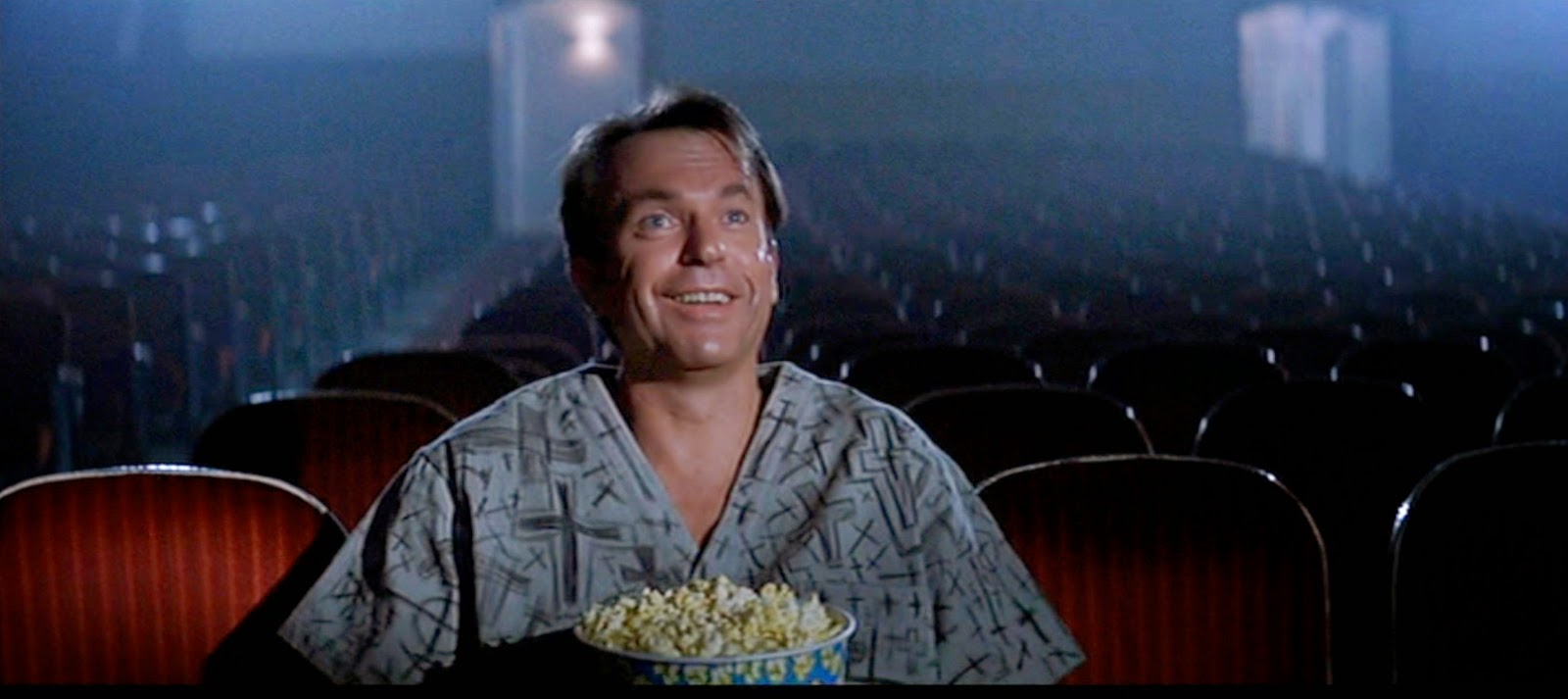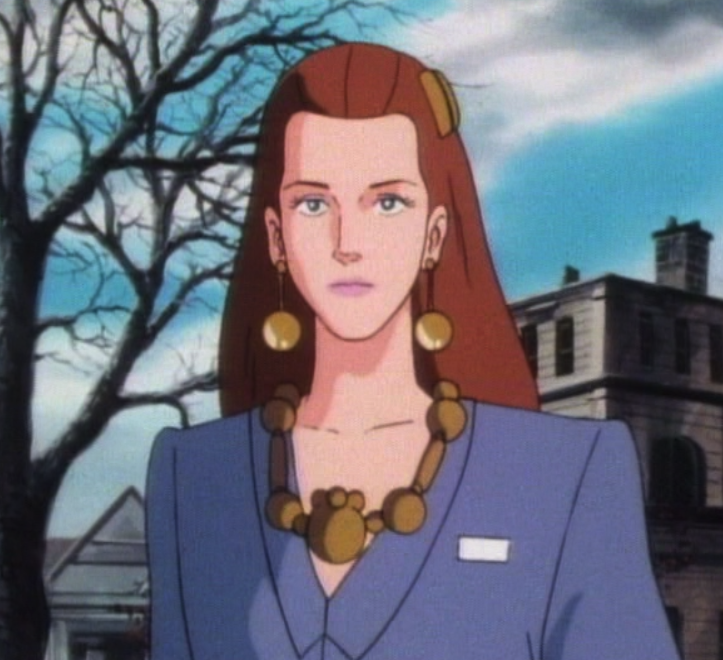As a long-time Doctor Who fan, I have wanted to do a proper review of the series but, really, the jumping on point for that was years ago and requires a dedication to fandom which is difficult when you are also a science fiction author. I wanted to see this special at the local theater with my wife but she broke her leg about the time I was going to do so.
I, thus, haven't seen it until now.
Day of the Doctor is the 50th anniversary celebration of Doctor Who, as a result I will take a short while to talk about my Whovian credentials. I first saw Doctor Who when I was a wee tot on PBS and fell in love with the series.
 |
| This episode has a fez, therefore it is awesome. |
It was the Fourth Doctor and I would acquaint myself with the Fifth Doctor's adventures on VHS at my local library. Eventually, the creation of the DVD allowed me to view the Doctor's adventures for the first time in order--or, at least, as much order as my budget and the release schedule allowed.
I'm even acquainted with the audio and lost episodes of the 1st two Doctors, having a decent understanding of why they captured the public's imagination. I read some of the novels but, honestly, the ones I read were mostly rubbish (or simply too WEIRD to wrap my head around).
Oh yes, and I watched the new series too. I'm still catching up with that on Netflix but the 11th Doctor is something of a mystery to me. So, knowing that, I still chose to watch Day of the Doctor so I could appreciate its importance to the milestone. For causal fans, Day of the Doctor is the end to the "Time War" arc started with "Rose" and which has influenced the franchise for numerous seasons.
The premise of this special is the Doctor’s 10th, 11th, and previously unknown “War Doctor” forms are gathered together to deal with the final moment of the Time War—when the Doctor decided the only way to end it was to destroy both Time Lords as well as Daleks. Previous episodes have justified this act of genocide by making the Gallifreyans complicit in genocide every bit as much as the Daleks, with only two objections.
 |
| The three Doctors play off each other wonderfully. |
This never sat right with me because genocide is not something you can paper over by saying the victims were bad. The Doctor has always attempted to treat even the Daleks, personifications of hate and war, with compassion. It's also a poor lesson for children as anyone can find a justification for destroying their enemies--it's not justifying it which is the lesson Doctor Who has always attempted to teach.
You know, when not blowing up space fleets. At the risk of spoiling, Day of the Doctor retcons something which many new fans might find integral to the saga. I, on the other hand, think of this as a retpro. It examines the consequences of what it is retconning, acknowledges their place in the greater saga, and changes it in order to reaffirm the values of the series.
It's like Abrams Star Trek films taking the time to remind fans that war and explosions are the opposite of what the Federation is about by visiting a new planet to make peace between two feuding native groups. Or the X-men movies doing a scene where humans and mutants take the time to appreciate each other's company. It may not be what the work is famous for, but it's what it's about.
 |
| Jenna Coleman acquits herself quite well too. |
That bit of saccharine out of the way, Day of the Doctor isn’t the greatest Doctor Who episode ever. I maintain that is Dalek, followed by Genesis of the Daleks’ final episode. The plot is more or less just an excuse to get the three Doctors together and the absence of Christopher Eccelston is conspicuous (even if it was never likely to happen).
Ironically, the best parts of the episode deal with John Hurt's Doctor who many fans (wrongly) speculated to be the Valeyard. John Hurt does a wonderful job of showing why an older Doctor may be superior to the current younger-ones we have. At the very least, he shows why they're just as good.
A weary tired figure, he is every bit the kind of respectable gentleman who fans of the 1st, 3rd, and 7th have been missing for a very long time. He is the Doctor who fought in the Time War but if he is unworthy of the name Doctor, he doesn't display why here. I'm kind of sad we never got to see the War Doctor's adventures since he seems like he'd be a fun guy to follow around (well, maybe not "fun" but interesting).
Indeed, the central conflict of the episode is as much the older Doctor commenting on how the childishness of his current incarnations. While this seems ludicrous, Doctor Who being a series known for its whimsy, I think this is powerful since there's been a moral dissonance in many nuWho episodes. The Doctor jokes, plays around, and laughs when people are dying. The War Doctor has a sense of humor but he has respect for circumstances.
I hope we get that back.
 |
| Billie Piper has a tendency to play omnipotent blonde girls. |
The supporting cast does an amiable job as well. Billie Piper's role as the Moment is more entertaining to me than most of her run as the archetypal NuWho Companion. Jenna Coleman's Clara Oswald is cute as a button, making me want to watch her episodes. I was also fond of the new female-run UNIT. Unfortunately, for the state of gender everywhere, they have even more idiot moments than the one run by the early Brigadier.
In conclusion, it's not the best episode of Doctor Who ever but it's something that every fan has to see. It's a fitting emotional conclusion to the Time War story and also "gets" the series, which is something not all episodes can make a claim to do. I dare you not to feel moved when we meet the Collector and the final "power shot" of Doctors.
9.5/10






















































